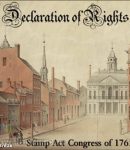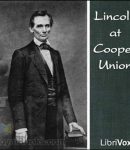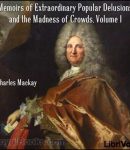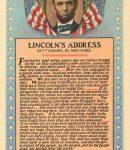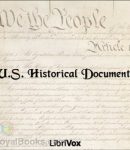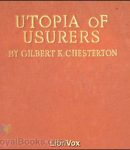
A Utopia of Usurers
“Now I have said again and again (and I shall continue to say again and again on all the most inappropriate occasions) that we must hit Capitalism, and hit it hard, for the plain and definite reason that it is growing stronger. Most of the excuses which serve the capitalists as masks are, of course, the excuses of hypocrites. They lie when they claim philanthropy; they no more feel any particular love of men than Albu felt an affection for Chinamen. They lie when they say they have reached their position through their own organising ability. They generally have to pay men to organise the mine, exactly as they pay men to go down it. They often lie about the present wealth, as they generally lie about their past poverty. But when they say that they are going in for a “constructive social policy,” they do not lie. They really are going in for a constructive social policy. And we must go in for an equally destructive social policy; and destroy, while it is still half-constructed, the accursed thing which they construct.” [chương_files]
